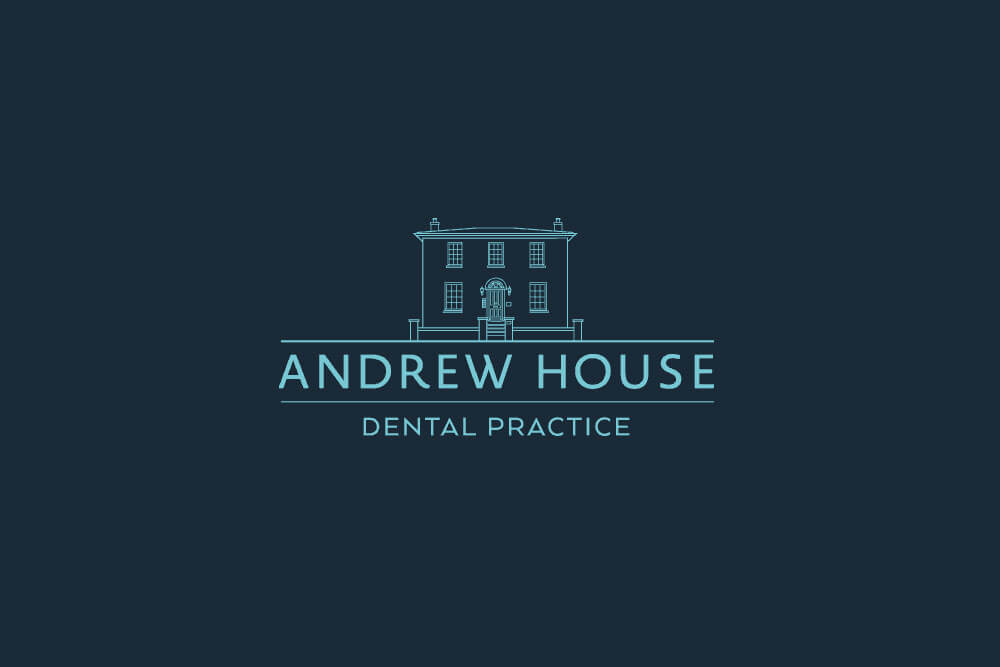What to expect with Sedation Treatment for Dental Procedures

What Is Sedation Treatment?
Sedation treatment is used for relaxing anxious patients before a dental procedure. The patient will be given a small amount of sedative to keep them calm, and they will often have little memory of the procedure afterwards. The sedative wears off quickly so you are able to go home soon after treatment.
How Is Sedation Applied?
At Andrew House Dental we use intravenous sedation usually using a drug called midazolam. The drug is given by injection, usually into a vein in the back of your hand or in your arm through a cannula.
A needle is used to put the cannula in, and is then removed. A local anesthetic paste or liquid can be applied beforehand to reduce the pain of the injection. The sedation drug can then be given without using more needles. The cannula will be removed once the dentist checks that you have recovered from the sedation.
Sedation Appointments
Normally you will have at least two appointments. The first will be an assessment where your sedation treatment will be planned with you, and the second where it will take place. In the case of an emergency, it is possible to have some treatment under sedation at the first appointment.
Our dental team is trained to give sedation and will watch closely and treat any problems that may develop.
Risks Of Sedation Treatment
As with the administration of any medicines, there are risks associated with intravenous sedation. These might include:
- A reduction of oxygen in the bloodstream due to poor breathing during sedation.
You may be asked by your dentist/ sedationist to take deep breaths to correct this. Your breathing and oxygen levels will be monitored throughout the procedure.
- Bruising at the site of the cannula. This may take several days to fade completely.
Very rare risks include allergic reactions to the sedative drugs that you have been given or vomiting during the procedure. Your dentist/ sedationist will discuss any concerns that you may have prior to the procedure taking place.
It is important that you let the dentist know your medical history, including any medicines that you are taking. The dentist will need to know if you have ever had any problems with having either sedation or a general anaesthetic.
If you think you may be pregnant, you need to let the dentist know. You may need to come back to have your treatment at another time. You should also let the dentist know if you are breastfeeding.
Your dentist will discuss with you and explain what you are able to eat and drink prior to your appointment. You will also be given this information in writing. It is important to follow these instructions carefully.
What To Expect From The Treatment
During this type of sedation you will remain conscious.
While you are sedated you may experience a temporary loss of memory, many patients have no memory of the procedure at all. For some hours after the sedation you might be unsteady on your feet. Your ability to think clearly may also be affected for the next 24 hours.
After you have been sedated, the dentist can use local analgesia, a pain relief that numbs the site of the dental treatment. Any injections you might need can be given through this numbed area.
After your treatment, you will spend some time in a recovery area. You will also need to be accompanied by an adult who can take responsibility for you, and they may need to stay with you overnight.
You will not be allowed to have the sedation if arrangements have not been made for someone to accompany you for the whole appointment. If you have any questions about the sedation treatment procedure, feel free to ask your dentist.
After The treatment
The drugs will affect your judgement, and the effects will be similar to those of consuming alcohol. You should not drive, ride a bike or operate machinery until the next day. You should also not cook, use sharp objects or take responsibility for the care of others.
Before you are discharged, the dentist or dental nurse will give you and the adult accompanying you (escort) important information about your care. You will be given information relating to any local analgesia and the treatment you have received. The dentist will also provide details of pain relief as well as how and when to take other prescription medicines.
You will be given a telephone number of who to contact if you have any problems as a result of your treatment.
If you would like more information or to book an appointment, do not hesitate to contact us.
